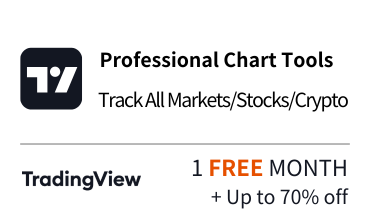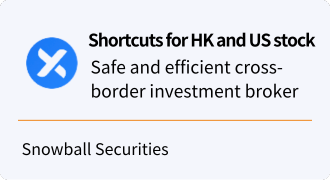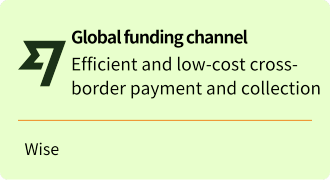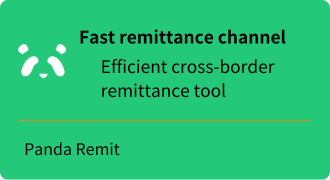2025 Comparison of U.S. Brokerage Fees: Help You Choose Wisely
[DISCLAIMER] This article is for educational and informational purposes only and does not constitute investment advice. Readers should consult with qualified financial professionals before making any investment decisions.
As an investor who has been deeply involved in the U.S. stock market for many years, I understand the importance of choosing the right brokerage firm for investment success. Today, let's dive into the selection of U.S. stock brokerage firms, from commissions, financing rates to hidden costs, and analyze how to pick the best trading platform for yourself.
Ⅰ. Overview of the latest brokerage commissions and financing rates
First, let's take a look at the latest data from the major brokerages for 2025. I spent a lot of time researching the official websites of each brokerage firm and compiled the following information:
2025 U.S. Brokerage Dealer Trading Commissions and Financing Rates Table

It's important to note that brokerage firms' financing rates are usually based on a certain benchmark rate (e.g. Fed Funds rate) plus their own premium. As a result, the relative levels among brokerages tend to remain stable even when market rates change.
Ⅱ. Zero commission trap: cheap may not be affordable
Many investors are attracted by the lure of “zero commission”, but in fact, this may be a carefully designed marketing strategy. As the saying goes: “Buying is not as good as selling”, we need to understand the overall cost structure of the brokerage firm.
Zero-commission brokerage firms are primarily profitable in the following ways:
- Payment for Order Flow (PFOF)
- Interest on Financing
- Cash Balance Interest Spread
- Value-added service fees
Although the transaction itself is zero commission, there may be a loss in the quality of execution. the PFOF model may result in a large bid-ask spread.
Ⅲ. Case Study: True Cost Calculation
Let's analyze the real cost of different brokerage firms through a concrete case. Assumptions:
- Account size: $100,000
- Number of transactions per year: 50
- Each transaction: 2000 shares
- Financing operations: 50 times, each time an additional 2,000 shares are bought
Based on these assumptions, I calculated the total cost of trading at different brokerages after one year:
Comparison table of one year's total trading costs at various U.S. brokerage firms

Ⅳ. Considerations behind the costs
Trading frequency:
- Low-frequency traders may be better suited to zero-commission brokers.
- High-frequency traders need to consider hidden costs such as price improvement and execution quality.
Financing needs:
- Frequent finance users should focus on finance rates.
- Small differences in financing rates can have a significant impact on long-term investments.
Additional services:
- Quality of research reports
- Level of customer service
- Stability and functionality of the trading platform
Security of funds:
- Regulatory status and financial strength of the broker
- Investor protection programs (e.g. SIPC insurance)
Ⅴ. Impact of the New T+1 Settlement Rules
The T+1 settlement rule effective May 28, 2024 brings new considerations for investors:
- Faster turnover of funds, which is more favorable for frequent traders
- May affect certain trading strategies, such as dividend capture
Ⅵ. Special Considerations for International Investors
For non-U.S. investors, there are additional considerations:
- The ease and cost of cross-border remittances
- Ease of tax treatment (e.g., dividend withholding tax)
- Availability of local language support
Ⅶ. Hidden costs and potential risks
In addition to the explicit costs, be wary of:
- Exchange rate conversion fees
- Inactive account fees
- Data subscription fees
- Withdrawal and transfer fees
Ⅷ. How to make an informed choice
- Assess your trading style and needs
- Calculate the total cost over time, not just the cost of a single transaction
- Try out different platforms to experience the user interface and features
- Read reviews and experience sharing by other users
- REVIEW and adjust regularly, brokerage policies may change
Ⅸ. Conclusion:
Choosing the right US stock broker is like choosing a long-term investment partner. It's not just about cost, it's about your overall investment experience and long-term success. Remember, the cheapest isn't always the best, the best for you is the best.
Hopefully, this article will help you find the best one for you among the many US stock brokerages. Do you have any unique experience in choosing a brokerage? Feel free to share your thoughts in the group!
Investing is risky and you need to be careful in choosing. I wish you all the best for investing in the U.S. stock market and making a good profit!







